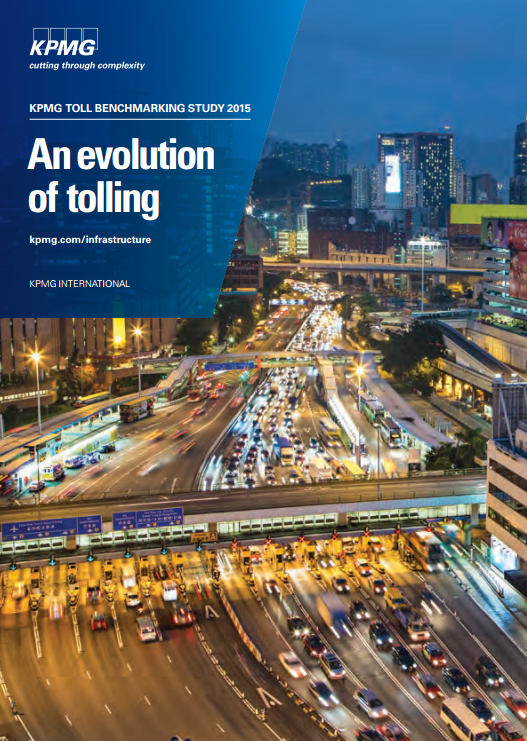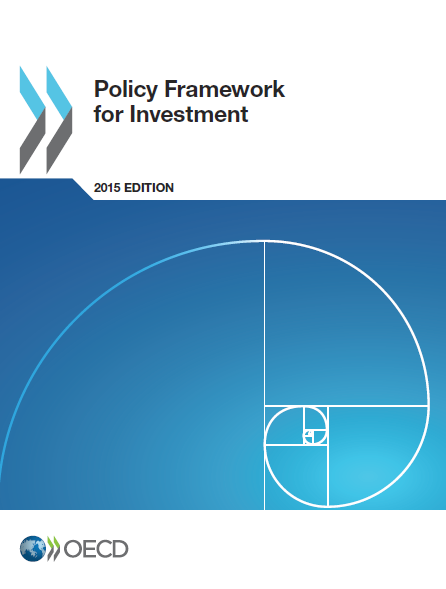Publications
Filter by
360 results found

At their 2014 Summit, the B20 called on G20 governments to apply best practice procurement processes in all large and/or publicly significant infrastructure projects.



The aim of this guidebook is to compile information on PPP frameworks in APEC member economies into a single information as a facilitatory tool for investment.



The aim of this PPP-Readiness Self-Assessment is to provide a diagnostic tool for identifying the key areas that governments need to address in order to involve the private sector more actively in the infrastructure development process.


Strategy 2020, the long-term strategic framework of the Asian Development Bank (ADB) for 2008–2020, identifies private sector development (PSD) and private sector operations as drivers of change in Asia and the Pacific.


This is a summary of policies and procedures governing procurement and selection of consultants in Bank-financed projects.


Government Procurement Agreement establishes a framework of rights and obligations with respect to laws, regulations, procedures and practices regarding public procurement.


This Public-Private Partnership (PPP) Handbook is designed for the staff of the Asian Development Bank (ADB) and its developing member countries' clients.



The report identifies and explores six critical success factors that governments should be aware of and seriously consider when preparing an infrastructure project to be delivered as a Public-Private Partnership.






This toolkit outlines a spectrum of tools that can help the countries navigate the evolving architecture of climate finance and seize opportunities for accessing finance for adaptation.



By delivering efficient, cost-effective and innovative maintenance services, well-designed output and performance-based road maintenance contracts can help maintain road assets and achieve value-for-money.









The efficiency of toll roads is important. Not just for tolling operators, but also for governments, investors and the driving public.



The Port Reform Toolkit is aimed to provide policymakers and practitioners with effective decision support in undertaking sustainable and well-considered reforms of public institutions that provide, direct, and regulate port services in developing countries.



The core principle behind the PPP is the creation of a contractual bubble – a framework of contracts.


The Toolkit is a reference guide for public authorities in developing countries for the development of PPP programs in the highways sector, particularly in assisting in PPP policy development, project preparation and the sourcing and more.

The OECD Recommendation on Public Integrity provides policy makers with a vision for a public integrity strategy.


The purpose of the present publication, “Towards better infrastructure products: a survey of investor’s perceptions and expectations of infrastructure investment”, is to conduct the first in-depth study of the perceived role by infrastructure assets for investors.




 Read PPP Handbook (Version 2)
Read PPP Handbook (Version 2)

